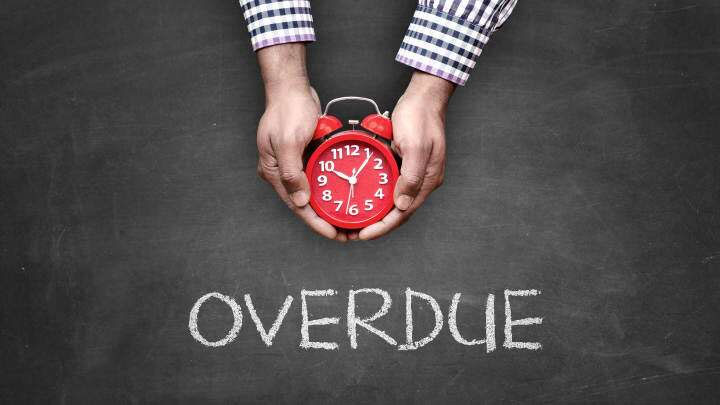Late Bill Payment Reported
Feb 25, 2022 By Triston Martin
When creditor sends information to credit bureaus, they employ various status codes to show the amount of your account is current or is late. There's no code to indicate accounts that are between one and 29 days late. Creditors will apply their "current" code for that time frame, which is why the late payment will not be noticed or affect your credit scores until it's more than 30 calendar days overdue. Creditors will send updates to credit bureaus at various dates, and there's no way to pinpoint when the late payment's status shows up. Most creditors update their credit reports monthly, but you can expect the late payment to show in your credit reports within one or two months of getting behind on your payments.

Payment Marked Late On Credit Reports
Under the law of the United States, the late payment can't be reported to credit bureaus until it's at least 30 days late. A missed payment won't affect your credit score if you pay it before the 30-day date, but you could be charged the late fee. What you see on your credit reports is crucial because it's the information used to calculate how much credit you have. Because your payment history is the primary component of your credit score, going for more than 30 days behind due can be detrimental. If you've received payment modification from your creditors as a result of the pandemic, there is some security thanks to the CARES Act enacted in late March 2020. Accounts that are timely paid will remain classified as "current" as long as the modification to your payment is in effect, so long as you make payments according to the new arrangement. Delinquent accounts can remain reported in this way until you can make them the current state.
Are Late Payments Affecting Your Credit Score?
Paying late can affect your credit score; however, the effect will be based on your credit profile overall and the extent to which you are with your payments. In general, one late payment will result in more of a drop in score when you have excellent credit and good credit history. If you already have a bad score and a credit score shows another late payment or a new late payment can still harm your score but will decrease your score by fewer points.
The more behind you are on your payments, the more the impact it could have on your credit score. For instance, having 60, 90, or 120 days late accounts is more likely to affect your credit score than one 30 days late payment. Additionally, late payment's effect on credit scores generally decreases with time. After 7 years of late payment is removed from your credit report and will not affect your score at all.
Finding out when a late payment will be deleted from your credit report can be a little confusing, however. If you make a mistake on an installment and then make it current, the late fee will be removed within seven years; however, the remainder of your payment history remains visible on your credit record. If you make another late payment after bringing your account current, the late payment will be subject to its own timeline of seven years to be deleted. If late payments result in closing the account or if the creditor has to transfer your account off to collections, or charges from the accounts, then the complete account, as well as all associated negative marks, will be erased seven years after the initial late payment.

What Can I Do To Reduce The Negative Impact Of A Late Payment?
If you've made a late payment, don't panic. Most people have had a late payment made either intentionally or not, regardless of whether you're only beginning in the process of building credit. According to a study in 2020 by Experian, nearly 1.5 percent of customers have a late payment between 30 to 180 days after it was the due date on their credit reports. If you've had a great history of making payments punctually (especially for a prolonged period), contact your creditor to find out whether they're willing to accept a waiver of the late charge. Some but not all creditors will forgive the occasionally late payment.
If you're able to pay for a portion -- or, ideally, even all that's due. The less money is past due, the lower the impact on the credit rating. If you're unable to pay the debt in full, contact your creditor to discuss the issue. They might offer a payment plan instead of transferring accounts to collection agencies.








